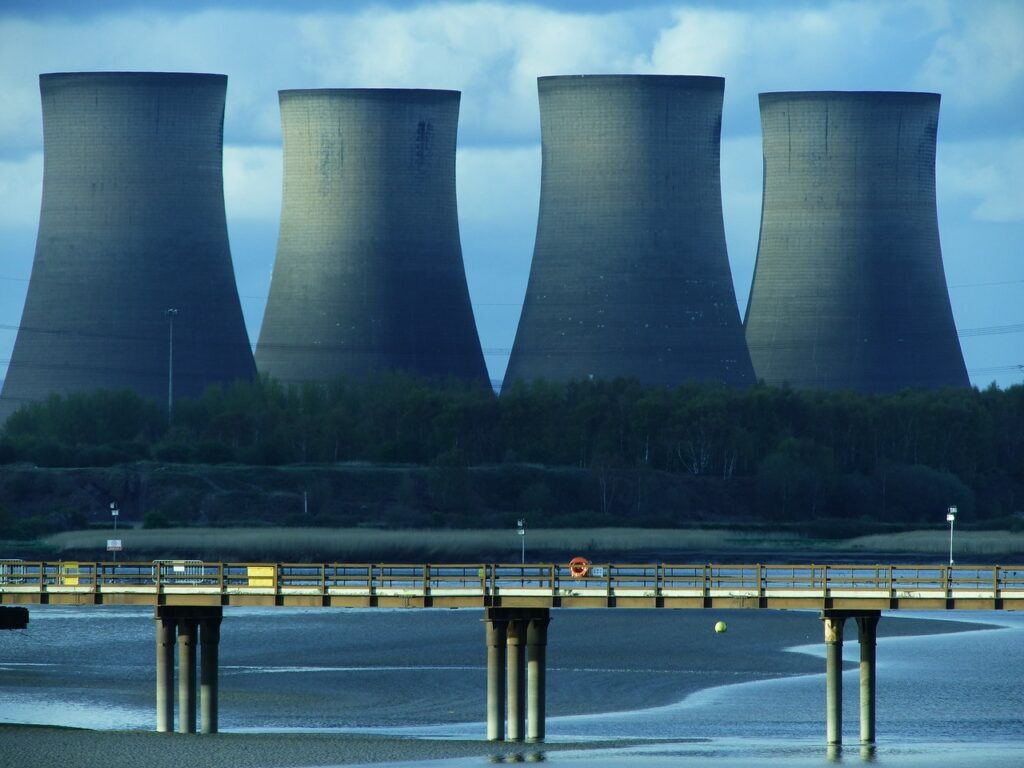The greenhouse gases (GHGs) in the atmosphere or ozone layer trap radiant energy from the sun or heat energy from within the earth and warms the earth’s surface and oceans. Scientific assessments conclude that GHGs very likely have been the central aspect of warming of the earth’s lower atmosphere since 1979. A scope of activities to improve GHG discharges and the dangers of environmental change (i.e., for variation or strength) is in progress or being created on the worldwide, public, and subnational levels. U.S. government policymakers and partners have various perspectives regarding what to do about future environmental change and related impacts.
History of U.S. Climate change policy
Historically, the United States has demonstrated different approaches and intentions regarding climate change; generally, it participated in GHG abatement under the 1992 United Nations Framework Convention on Climate Change (UNFCCC). U.S. environmental change strategy has involved activities carried out under different lawful specialists. Before 2007, the government carried out volunteer projects to address environmental change and administrative projects that restricted GHG emanation increments from vehicles, buildings, hardware, and appliances in a roundabout way.
Climate policy of the U.S. today
Members of Congress have historically expressed a range of perspectives regarding climate change issues. The current President of the United States of America, Joseph Robinette Biden Jr, declared another GHG focus for the United States: to lessen net GHG emanations by half, 52% under 2005 levels by 2030. The Administration has additionally brought together presidential branch associations to distinguish and arrange climate-related activities and gave orders toward choices that support meeting the Administration’s GHG reduction targets.
Further ado The U.S. government has reported plans to change heavy poison ventures or pollutants to low-carbon ones through green acquirement practices and development.
The private area will assume a focal part of these declarations, with drives like the First Movers Coalition encouraging green development.
Accomplishing net-zero targets will require a coordinated effort from all nations to change their economies – such endeavors should give green, elective development ways for emerging nations.
World Economic Forum president, Børge Brende, has emphasized that “The transition to green procurement practices isn’t a cost burden for industries and the public sector, but something that creates long-term sustainable economic growth.”
The Impact of Climate Change Policy
Although the United States of America has produced policies and collaborated with other countries to stop the GHGs or other harmful emissions yet, half of the emissions reductions needed to reach the 2050 net-zero target still rely on technologies that are only prototypes or in the early stages of development.
Moreover, the policy negatively impacts the emerging nations, and the fear is that they may get left behind, for example, the G20 summit held in Bali, Indonesia, in October 2022. Compared to other well-developed countries, countries like Indonesia are experiencing rapid economic development. While exposed to climate change, it is slow to phase out fossil fuels and industries that create poisonous waste and heavy pollutants. If wealthy nations shift global trade standards to require low carbon targets, economies like Indonesia’s may suffer consequently.
So, for cost parties in heavy producer enterprises to be worldwide, we should address both the ‘aspiration gap’ (guarantees made) and the ‘execution gap’ (activities taken). Rich countries should work closely with countries that are still developing to divert capital away from petroleum products and change to low carbon economies.
References
Authors at University of Michigan, https://css.umich.edu/factsheets/climate-change-policy-and-mitigation-factsheet
Authors at Brookings, https://www.brookings.edu/research/us-action-is-the-lynchpin-for-successful-international-climate-policy-in-2021/

